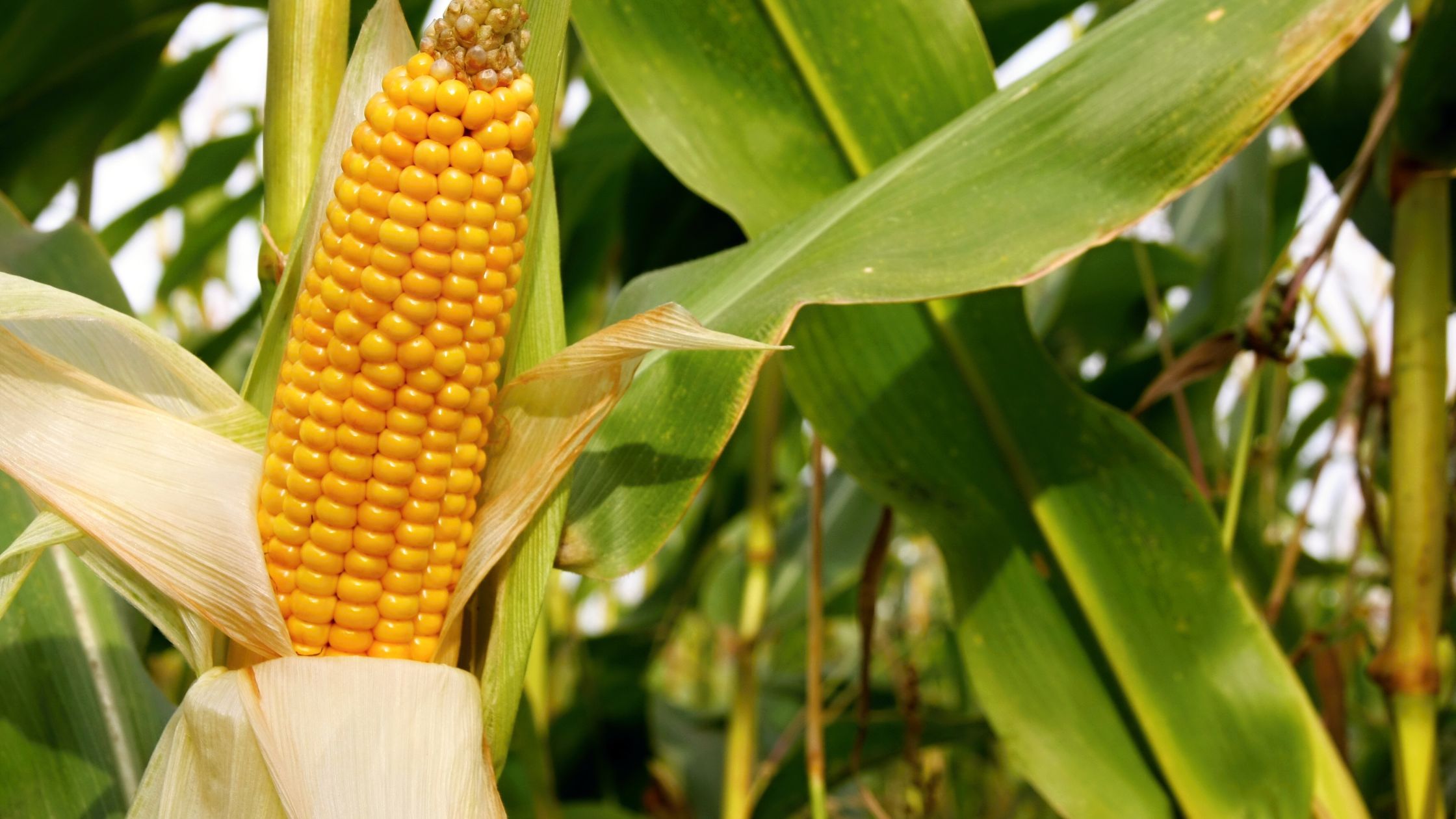The Mexican government has banned the cultivation of GM corn and a Kenyan court has temporarily reinstated a government ban on GMOs.
Mexico bans GM corn cultivation
The Federal Government of Mexico has enshrined a ban on genetically modified (GM) corn in its constitution.
“Corn is Mexico. We have to protect it for biodiversity but also culturally, because corn is what intrinsically links us to our origins, to the resistance of Indigenous peoples.” – Mexican President Claudia Sheinbaum
The constitutional reform, approved 97-16 in the Mexican Senate, declares native corn (maize) an element of national identity and bans the planting of genetically modified corn seeds. The ban follows a 2024 trade dispute panel ruling against Mexico’s restrictions on the use of GM corn for food.
There has been a moratorium on planting GM corn in Mexico since 1998. This moratorium was lifted in 2009 but then reinstated in 2013 after a court challenge. In 2021, the Supreme Court rejected appeals from Bayer and the other biotechnology companies because of the credible threat that GM contamination poses to native corn biodiversity in Mexico.
Kenyan court temporarily reinstates ban on GMOs
The Court of Appeal in Kenya has blocked the growing and importing of genetically modified organisms (GMOs), temporarily reinstating a ban that was established in 2012 but then lifted in 2022. The court injunction was sought by the Kenya Peasants League, Biodiversity and Biosafety Association of Kenya and 18 other parties, while their legal arguments continue to be heard.
“We celebrate this ruling as a major victory for small-scale farmers across Kenya. GMOs are not the solution to food insecurity in our country. Instead, they deepen dependency on multinational agribusinesses, threaten biodiversity, and compromise farmers’ ability to control their food systems.” – David Otieno, Kenya Peasants League.
Corn (maize) is Kenya’s staple food, grown in 90% of all farms. It is used to prepare ugali, or maize meal, which is the country’s most eaten dish. Farming is the backbone of Kenya’s economy, employing 80% of the rural population.
The Alliance for Science in the US, formerly the Cornell Alliance for Science, has been training journalists in Africa to report on the benefits of GMOs and is actively pushing GMOs in Kenya and other countries across Africa.
“We urge the government to invest in smallholder farmers, indigenous seed systems, and agroecological farming practices rather than pushing harmful technologies that serve corporate interests.” – Million Belay, Alliance for Food Sovereignty in Africa.
________________________________________
